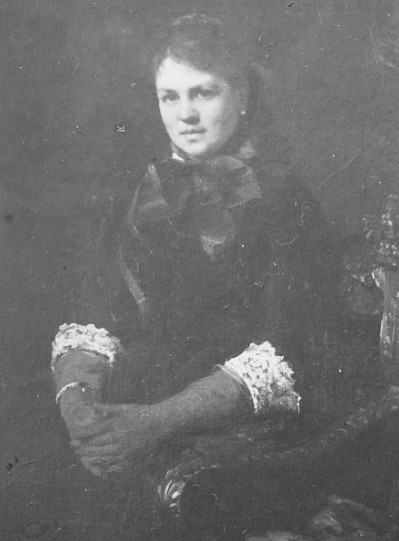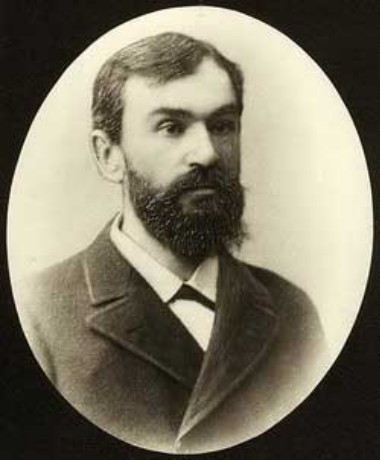Tereshchenko
Tereshchenko [Терещенко; Terešcenko]. A Cossack-burgher family in the Hlukhiv region that became ennobled in 1870. The founder of the line was Artem Tereshchenko (d 1873), who made a fortune during the Crimean War by supplying the army with bread and boat timber and then turned to sugar refining and other manufacturing industries. After the agrarian reform of 1861 he and his sons, Mykola, Fedir, and Semen, accumulated estates in Ukraine and Russia. By the turn of the century they owned 140,000 desiatins (approximately 153,000 ha) and were among the largest landowners in the Russian Empire. In 1911–12 they also owned 10 large sugar refineries. Mykola Tereshchenko (b 1820, d 1903) and his sons, Ivan and Oleksander Tereshchenko, were well-known patrons of the arts; Mykola was a financial supporter of the Kyiv and Hlukhiv art museums, and Ivan supported the Kyiv Drawing School. Mykola's collections later formed the basis of the Ukrainian and Russian art museums in Kyiv (see Kyiv Picture Gallery National Museum). His daughter, Varvara Khanenko, and her husband, Bohdan Khanenko, financed what is now the Bohdan and Varvara Khanenko National Museum of Arts. She also promoted handicrafts and cottage industry and organized embroidery workshops in the Kyiv region. Mykola's grandson, Mykhailo Tereshchenko (b 1888, d 1956), was a prominent figure in Russian politics. He was a member of the Fourth State Duma, chairman of the War Industry Committee in Kyiv (1915–17), minister of finance (March–May 1917) and of foreign affairs (May–October 1917) in the Provisional Government, and a participant in negotiations with the Central Rada. After the October Revolution of 1917 he emigrated to Monaco.
Arkadii Zhukovsky
[This article originally appeared in the Encyclopedia of Ukraine, vol. 5 (1993).]


.jpg)